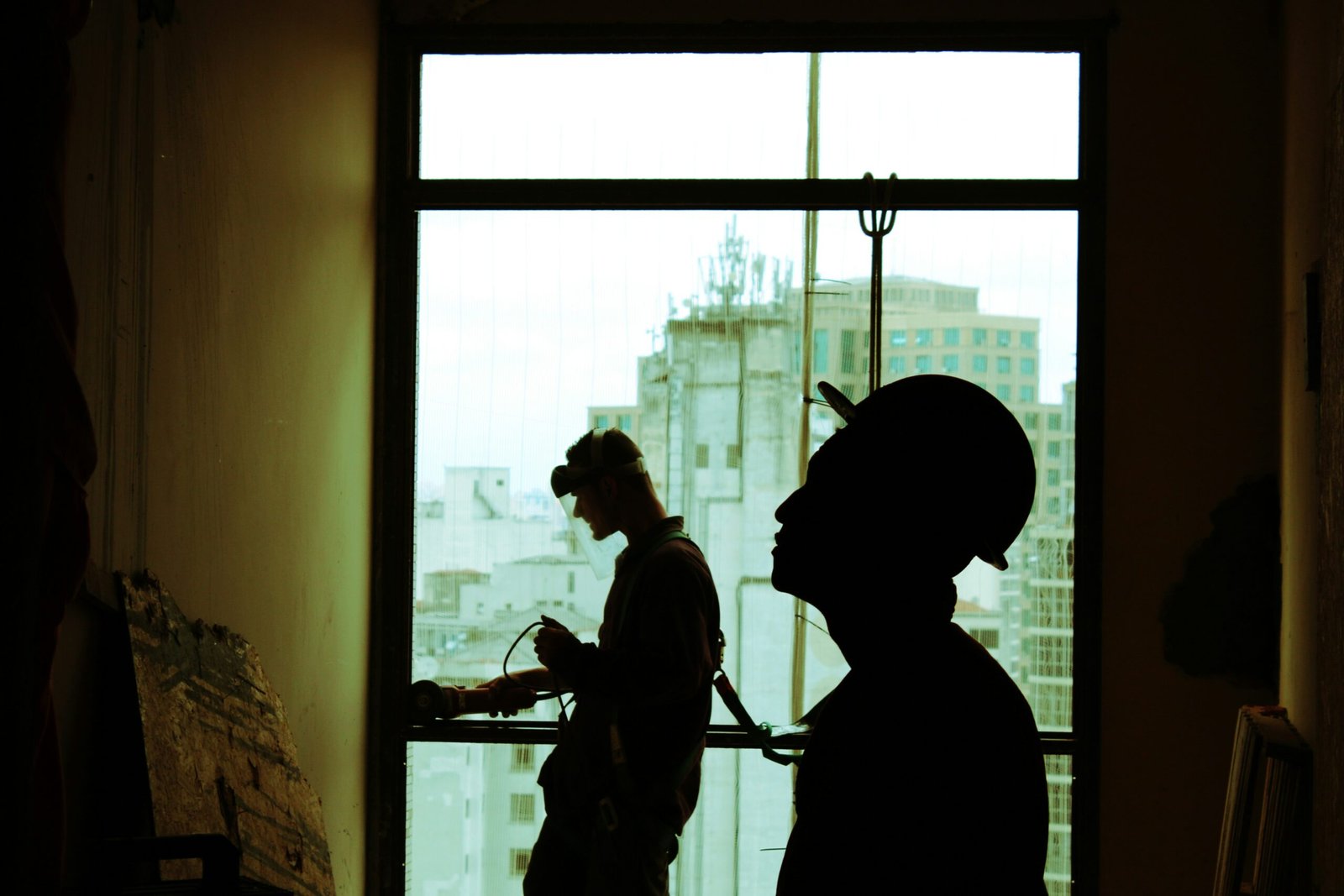Understanding Paint Contracts
A paint contract is a legally binding agreement between a client and a paint contractor. It outlines the terms and conditions of a painting project, including the scope of work, timelines, payment terms, and other important details. Paint contracts are essential for both parties involved as they provide clarity and protection throughout the painting process.
Role of Paint Contractors
Paint contractors, also known as painters, are professionals who specialize in painting and decorating various surfaces. They play a crucial role in transforming the appearance of residential, commercial, and industrial spaces. Here are some of the key responsibilities of paint contractors:
1. Surface Preparation
Prior to painting, paint contractors are responsible for preparing the surfaces to ensure a smooth and long-lasting finish. This includes cleaning, sanding, and filling any cracks or imperfections. Proper surface preparation is essential for achieving a professional-looking result.
2. Paint Application
Paint contractors are skilled in applying paint using various techniques such as brushing, rolling, or spraying. They have extensive knowledge of different types of paint and finishes, allowing them to choose the most suitable products for each project. Paint contractors ensure an even and consistent application, resulting in a high-quality finish.
3. Color Consultation
Paint contractors often provide color consultation services to help clients choose the right colors for their space. They consider factors such as lighting, architecture, and personal preferences to create a harmonious and aesthetically pleasing environment. Their expertise in color selection can greatly enhance the overall appearance of a space.
4. Surface Protection
Paint contractors take measures to protect surfaces that are not being painted, such as floors, furniture, and fixtures. They use drop cloths, plastic coverings, and tape to prevent paint splatters or damage to surrounding areas. This ensures that the painting process is clean and minimizes the risk of accidental damage.
5. Safety and Compliance
Paint contractors prioritize safety during every project. They are knowledgeable about safety regulations and use appropriate protective equipment, such as masks and goggles, to protect themselves and others from harmful fumes or particles. Additionally, they adhere to industry standards and local regulations to ensure compliance with safety and environmental guidelines.
6. Project Management
Paint contractors oversee the entire painting project from start to finish. They create a detailed project plan, manage resources, coordinate with other trades, and ensure that the project is completed within the agreed-upon timeframe. Effective project management by paint contractors ensures a smooth and efficient painting process.
Conclusion
A paint contract is a crucial document that outlines the terms and conditions of a painting project. Paint contractors play a vital role in transforming spaces through their expertise in surface preparation, paint application, color consultation, surface protection, safety compliance, and project management. Hiring a professional paint contractor ensures a high-quality and visually appealing result for any painting project.





